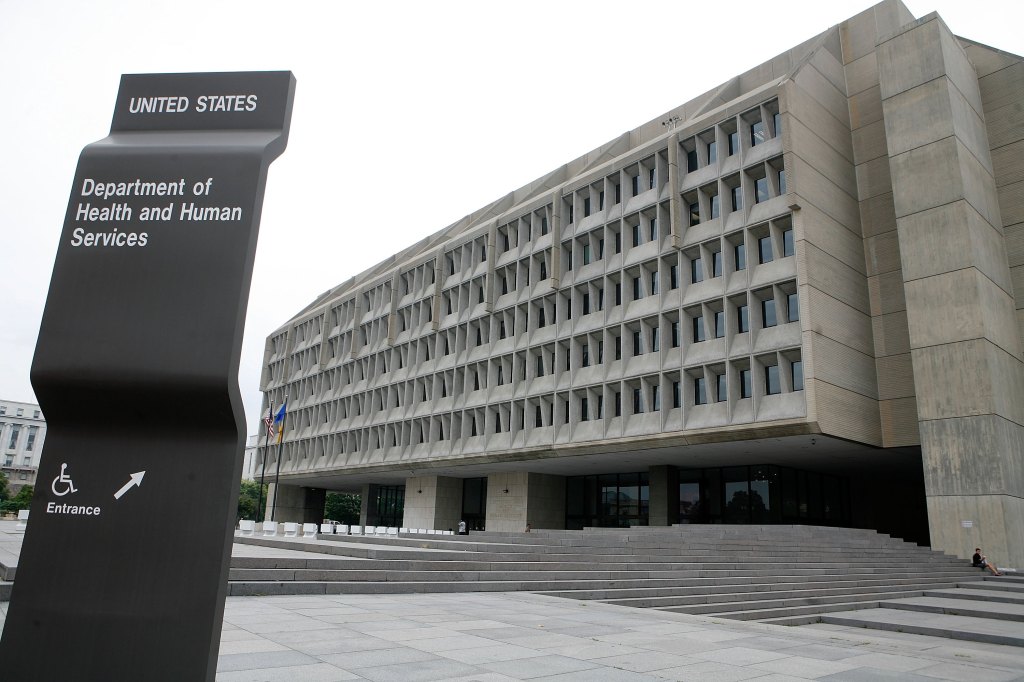On May 21, 2025, the European Commission adopted a new proposal aimed at simplifying compliance with the General Data Protection Regulation (GDPR) for small mid-cap companies (SMCs). The initiative intends to extend the derogations currently applicable to small and medium-sized enterprises (SMEs) to SMCs while maintaining the protection of individuals’ personal data.
Register for free to keep reading.
To continue reading this article and unlock full access to GRIP, register now. You’ll enjoy free access to all content until our subscription service launches in early 2026.
- Unlimited access to industry insights
- Stay on top of key rules and regulatory changes with our Rules Navigator
- Ad-free experience with no distractions
- Regular podcasts from trusted external experts
- Fresh compliance and regulatory content every day

















